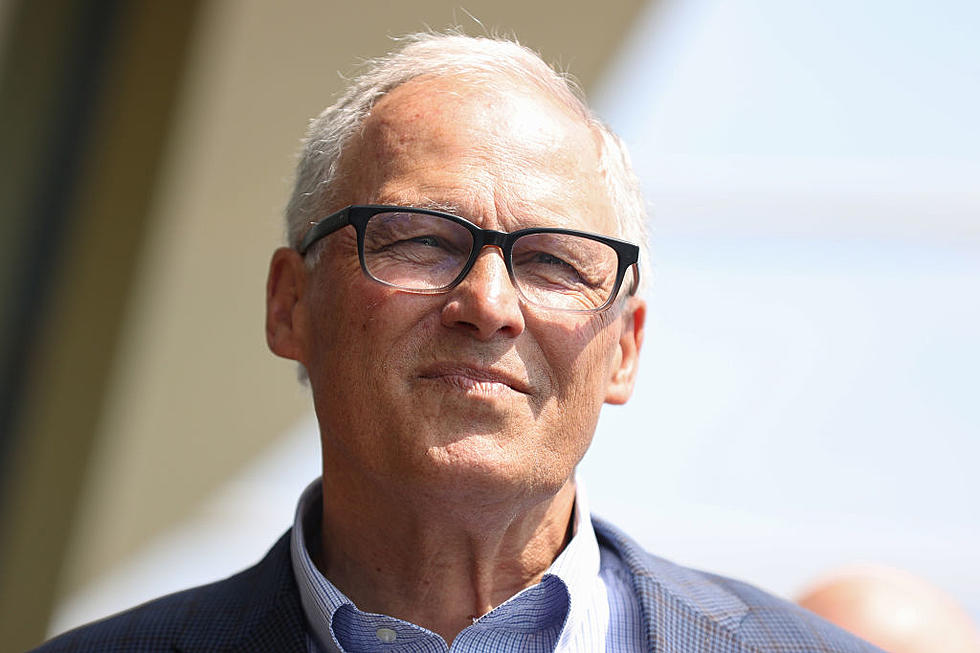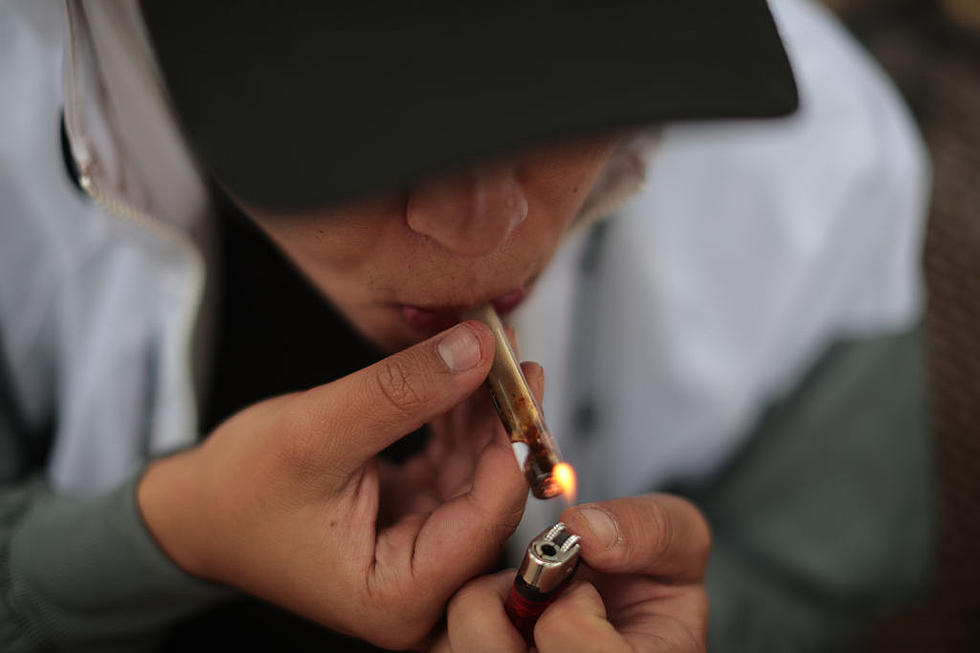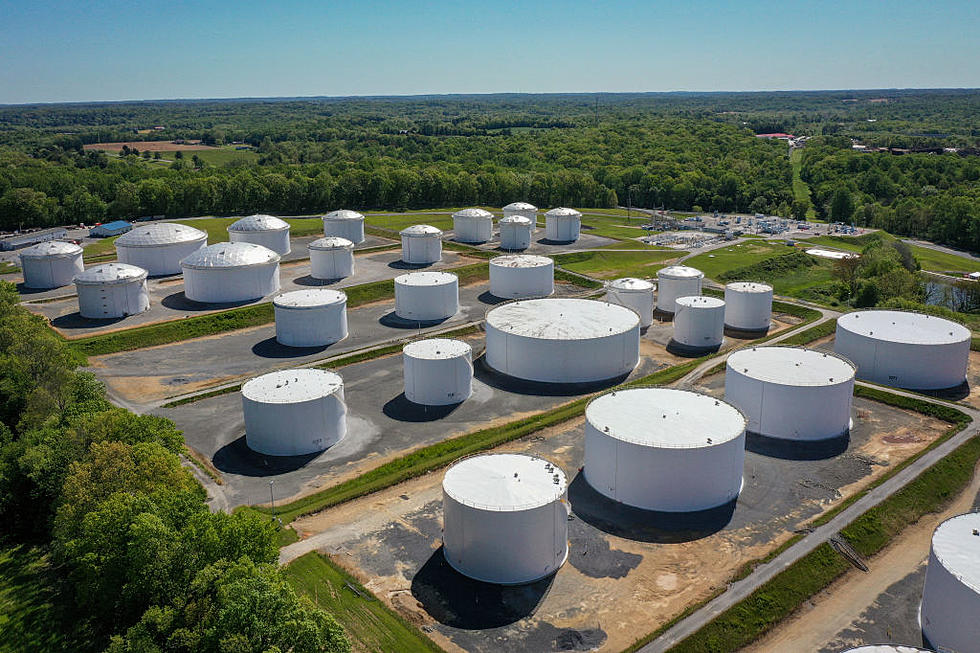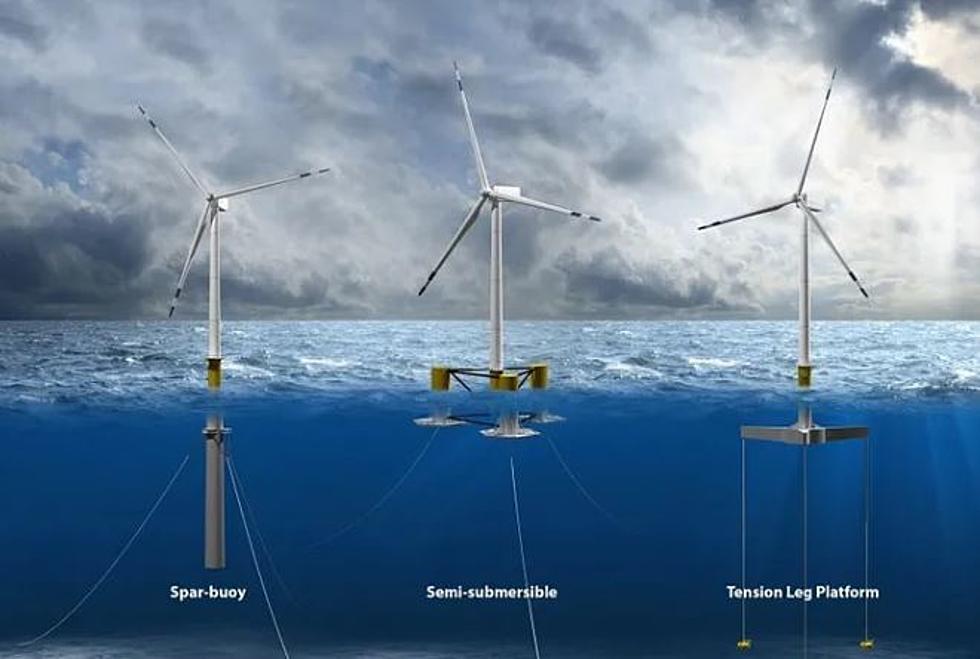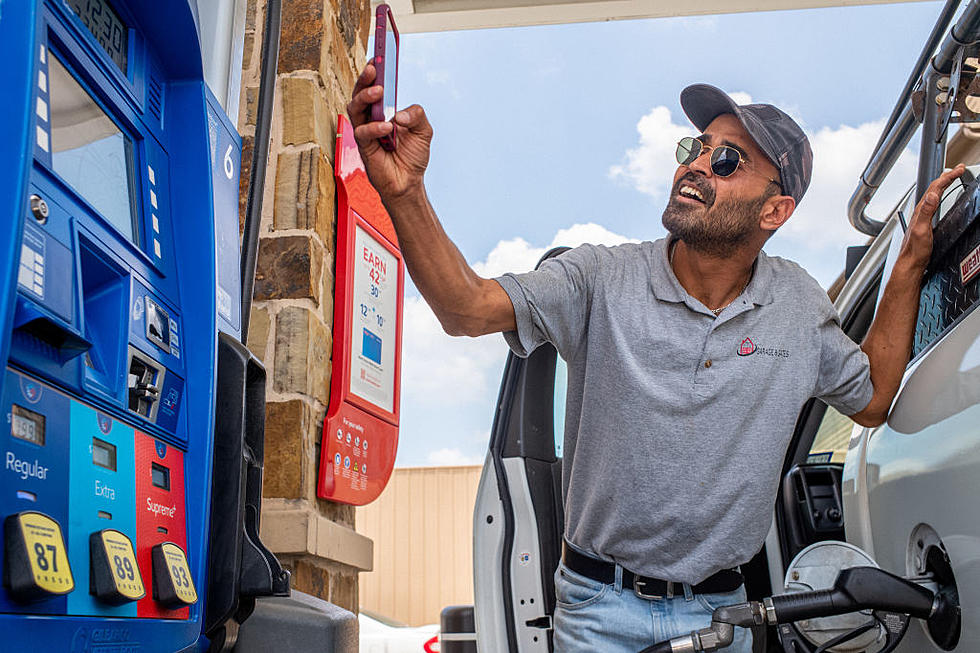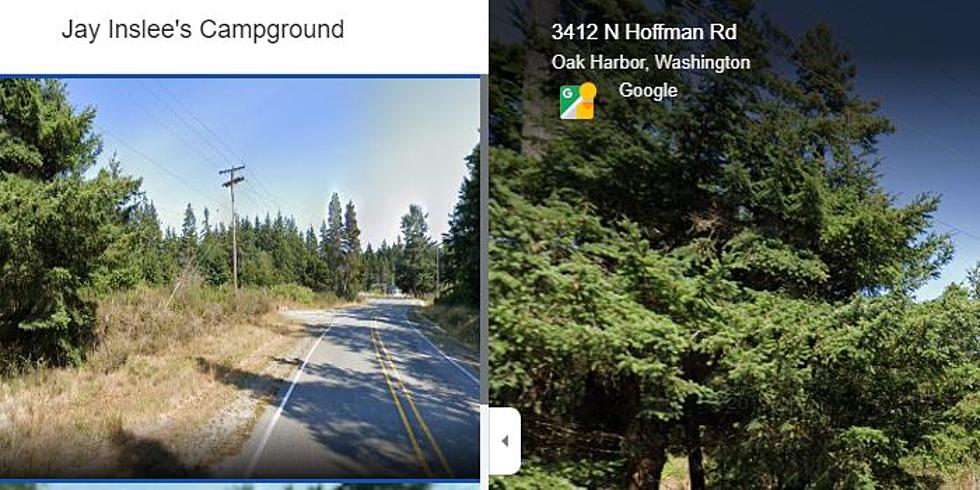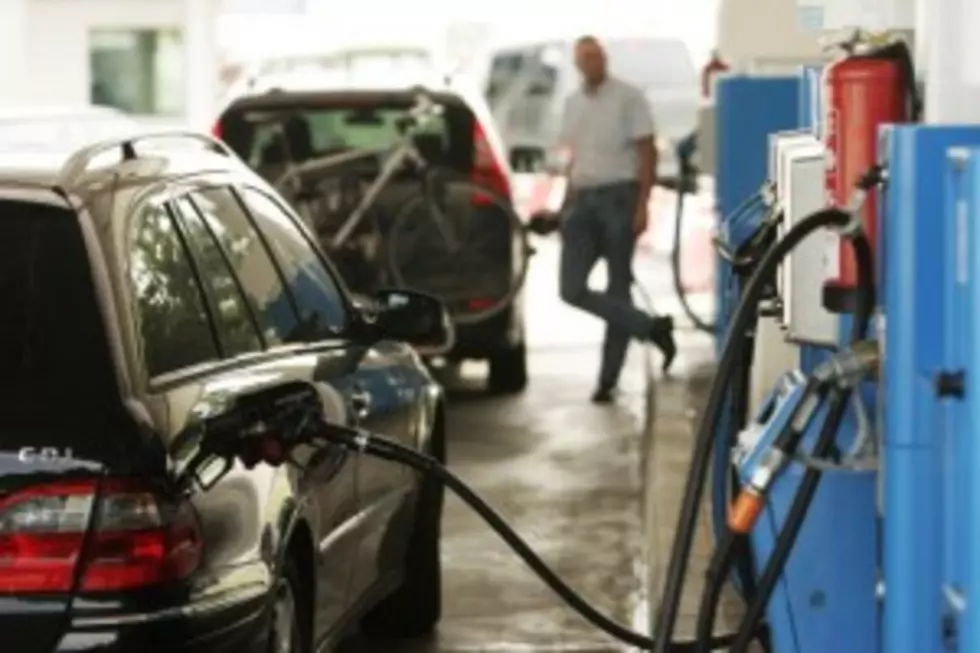
Gov. Inslee Claims He Doesn’t Support a Carbon Fuel Tax, Does Support ‘Standard’ – Basically the Same
Gov. Inslee recently fired off a letter to Republican legislators in Olympia, refuting their claim that his Carbon Fuel Standard he desperately wants to adopt would act as a tax because it would raise fuel prices.
According to the Seattle Times, Inslee doesn't understand claims that adopting a Low Carbon Fuel Standard would raise gas prices. He says without a working plan for how to implement it, it's impossible to estimate any costs.
A Low Carbon Fuel Standard means the gas we buy at the pump would have to have vastly increased levels of bio-fuel - many times more than the little stickers we see on the pumps that tell us how much ethanol is in our gas. Some stations are promoting "ethanol-free" fuel because it's been proven to give your engine better performance.
However, Inslee may have been caught by semantics again. Three months ago, the Climate Legislative and Executive Workshop (CLEW) was legally required to produce a plan that would estimate how much it would cost to reduce one ton of carbon, or Co2 emissions. So, such a plan is in place, at least the framework.
According to the Washington Policy Center and the CLEW report even the EPA has said it would raise gas prices significantly:
"...According to the U.S. Environmental Protection Agency, that would equal up to $1.17 per gallon (one gallon of gasoline emits 0.9% of a metric ton of CO2, or 1/112th of a metric ton)."
Inslee claims he has never supported a Low Carbon Fuel Tax, but he supports a Low Carbon Fuel Standard. The Washington Policy Center says that's simply an argument of semantics. It's the same type of argument Inslee tried to use just weeks into his term as governor when he said extending certain temporary taxes was NOT a tax increase.
What Inslee doesn't mention either is that bio-fuel manufacturers are enjoying a $1 per-gallon subsidy from the federal government. Even if taxes don't jump dramatically at the pump, that subsidy is collected from taxpayers in other forms of taxes -backdoor. If a Low Carbon Fuel Standard is adopted, costs will rise simply because there isn't the infrastructure needed to meet the demand, and there won't be for a number of years.
There aren't enough facilities capable of refining this low carbon fuel, and Washington would have to get it from California and other places. That's where those EPA estimates of $1.17 a gallon increases have come from. Other reputable sources say the cost could be even higher.
Not only does Inslee appear to be playing semantics again, he seems to be questioning the very report he and legislators came up with just a few months ago. It would be very difficult for Inslee (politically) to push such an expensive idea on Washington residents, but if he reduces the carbon requirements to make it "affordable" at the pump, it nullifies the reason for the program in the first place.
More From 870 AM KFLD
